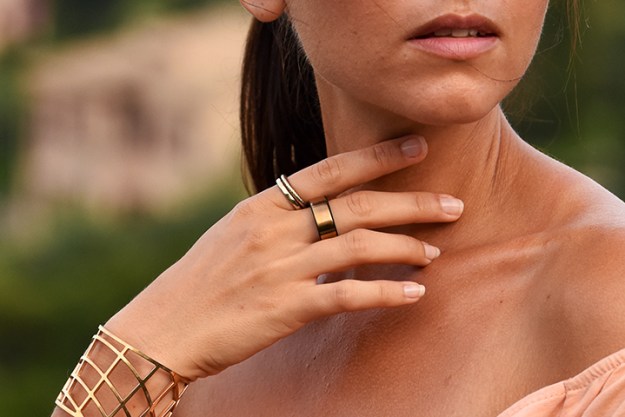
A team of researchers from Tufts University might be on a path to finally change that with the first ever “smart” threads, which are equipped with nanoscale sensors, electronics, and microfluids to wirelessly collect diagnostic data in real time when sutured through body tissue. Together, these threads enable researchers to monitor physiological parameters and tissue health, including pressure, stress, strain, and temperature, according to a paper published Monday in the journal Microsystems & Nanoengineering.
Substrates such as glass and silicon have previously been packed with nanoscale sensors for gathering diagnostic data but, since these materials are two-dimensional, they’re limited to flat surfaces and can’t sense properties deep within the body, according to Dr. Sameer Sonkusale, director of the interdisciplinary Nano Lab at Tufts University’s School of Engineering and corresponding author of the paper.
“We wanted to explore how one could engineer sensors that can intimately interface with tissues to gather diagnostic data,” Sonkusale told Digital Trends. “Surprisingly, threads provide an ideal substrate due to their flexibility and size and the ability to suture them where you need them. So we set out to explore the possibility of making functional sensing threads for these applications.”
Along with lead author Dr. Pooria Mostafalu, Sonkusale and the team developed threads that serve a variety of specific medical functions. “Some that transport fluids due to natural capillary action, some that can sense pH and glucose, and some that can sense temperature and physical strain,” he said. Additional threads were developed to assist in electrical sensing and transmission.
By constructing such a varied “toolkit,” Sonkusale said his team was able to create “an entire thread-based diagnostic platform” that enabled different threads to support each other by transporting fluids, sensing parameters, and transmitting results to smartphones and computers.
“We see these threads potentially being embedded with orthopedic implants, or potentially being used as surgical threads that can provide valuable information from deep within the tissue,” Sonkusale added. “We also see potential for them to be used in treatment of chronic wounds to provide information on wound healing.”
The team has only conducted short-term biocompatibility studies on mice and in vitro, but Sonkusale hopes to perform long-term trials soon as they explore various alternative thread materials.



